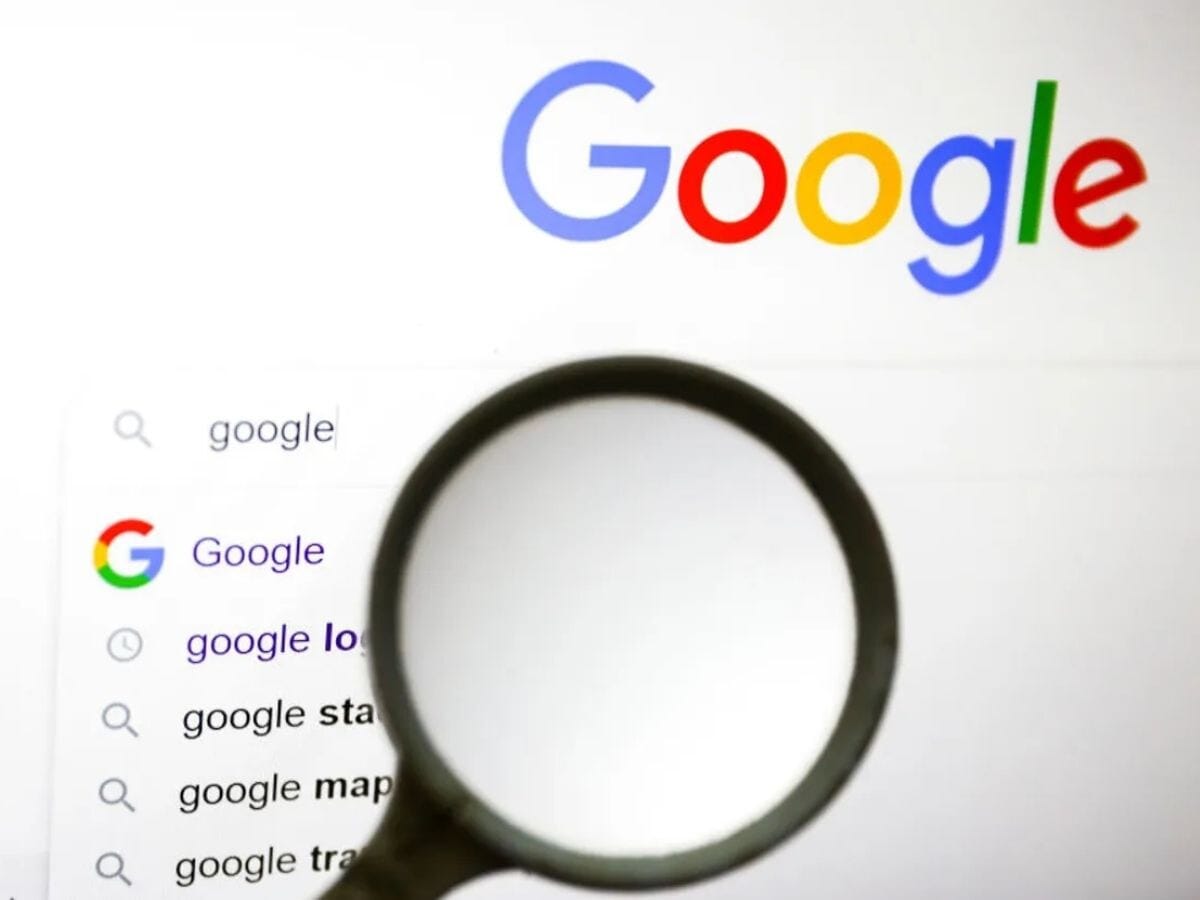Nearly everyone who uses the internet is familiar with Google Search. Whether we’re looking up health information or finding an address, Google is often our first port of call. However, there are certain things one should avoid searching online, as doing so may now carry legal consequences, particularly in Russia.

According to The Washington Post, Russian lawmakers have introduced new legislation that imposes fines of up to $65 (USD) for searching so-called ‘extremist’ content online. In Russia, this term is applied broadly.

For example, the LGBT movement has been officially labelled as a ‘terrorist’ organisation, alongside any material linked to al-Qaeda or Nazi ideology. The government currently maintains a list of over 5,500 prohibited topics and organisations, and this list is expanding rapidly.

Previously, individuals in Russia could be penalised for sharing or distributing such content. Under the new law, however, even conducting private online searches, such as through a VPN, can result in fines. Additionally, those who promote or advertise VPNs may face penalties of up to $2,500 for individuals and $13,000 for companies.

Russian authorities claim these restrictions are necessary during times of conflict, but critics argue the move represents a serious erosion of freedom of expression. It is widely viewed as yet another attempt by the Russian government to tighten its grip on internet access and online behaviour.






